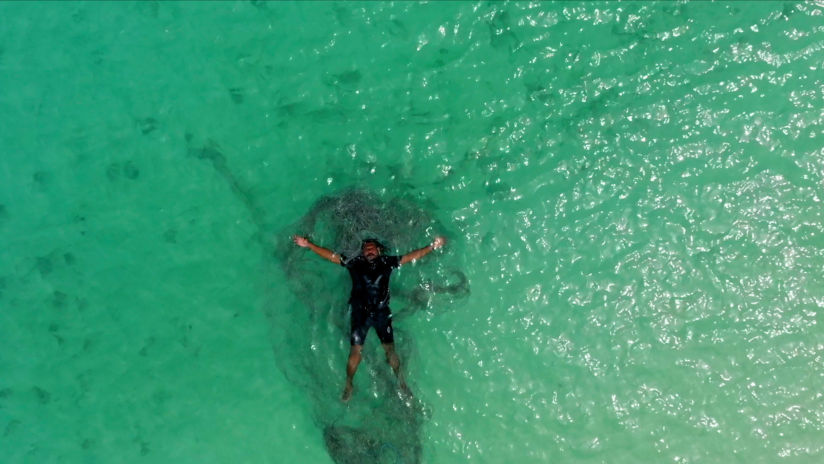Telstra and Indigenous Australia – a time to listen and learn
The theme of this year’s Reconciliation Week is more than a word – Reconciliation takes action.

It’s an idea I passionately agree with. Action yes, thoughtful action, action that makes a real difference, action developed in close consultation with Indigenous Australians, action that builds on the progress but also the often-hard lessons of the past.
Over many years and in many ways, Telstra has worked to connect, support and celebrate Australia’s Indigenous peoples. However, despite the enormous amount of work we have done we still make mistakes. Many people would be aware we were recently fined $50 million and agreed to a series of ACCC undertakings after a small number of Telstra’s licensee stores sold mobile phone plans to approximately 100 indigenous customers that ultimately did not suit their needs. This also led to our Elevate Reconciliation Australia status being suspended.
As a company that formerly had RAP Elevate status we should have been a poster child for effective action around Indigenous issues. However, what we failed to understand was that genuine effectiveness is much more than a series of programs, it must include a deeper level of connection and understanding including for the profound sense of dispossession and injustice that still so-often defines Indigenous Australia.
If we genuinely want to make a real difference in the lives of Indigenous Australians – and we do – we have to look clear-eyed at what is working and what is not. We can’t do that in isolation so the action we are taking is to now spend more time sitting down with Indigenous communities on Country to listen and learn. This includes meetings with Indigenous customers and communities, community leaders, Elders, and indigenous organisations in the cities, in the regions and out on Country. What we learn helps us to continue to develop the foundation for how we engage with Indigenous Australians and shape the role we play in supporting reconciliation in Australia.
What we want to build is a deeper connection and a partnership because it is only through a true partnership with indigenous Australians that we will see the opportunities, properly address the challenges and really support their hopes for a better future.
Real change has to come from the heart and I often reflect on Richard Flanagan’s address and warning at Garma in 2018. I had the honour of hosting and introducing Richard that night but I had no advanced warning of what he was going to say. Put simply he outed us, forcing us to confront and acknowledge some of the falsehoods in our description of our history over the past 200 years. He also captured the complexity and richness of indigenous culture and explained why we have an incredibly important opportunity now to create a better, more inclusive Australia by embracing the true intent of the Uluru Statement of the Heart. His words moved me to the core because they so brilliantly encapsulated the past, forced us to face uncomfortable truths about ourselves and each other and also lit a path forward. I often go back and re-read them when I am looking for guidance and inspiration.
Many of the programs that form part of Telstra’s undertaking with the ACCC are already well underway, including the creation of a First Nations Connect hotline in Darwin offering support in language and the appointment of a new Indigenous Cultural Compliance Officer charged with reviewing and continuously improving the way Telstra engages with Indigenous customers.
We have also launched our new Indigenous Policy statement which details how we engage, support and play our part in Indigenous communities, including through the positive difference that communication and connectivity can have in these communities.
It is an important document but, like the theme of Reconciliation Week, words are easy, it’s actions that bring it to life that are the real test.